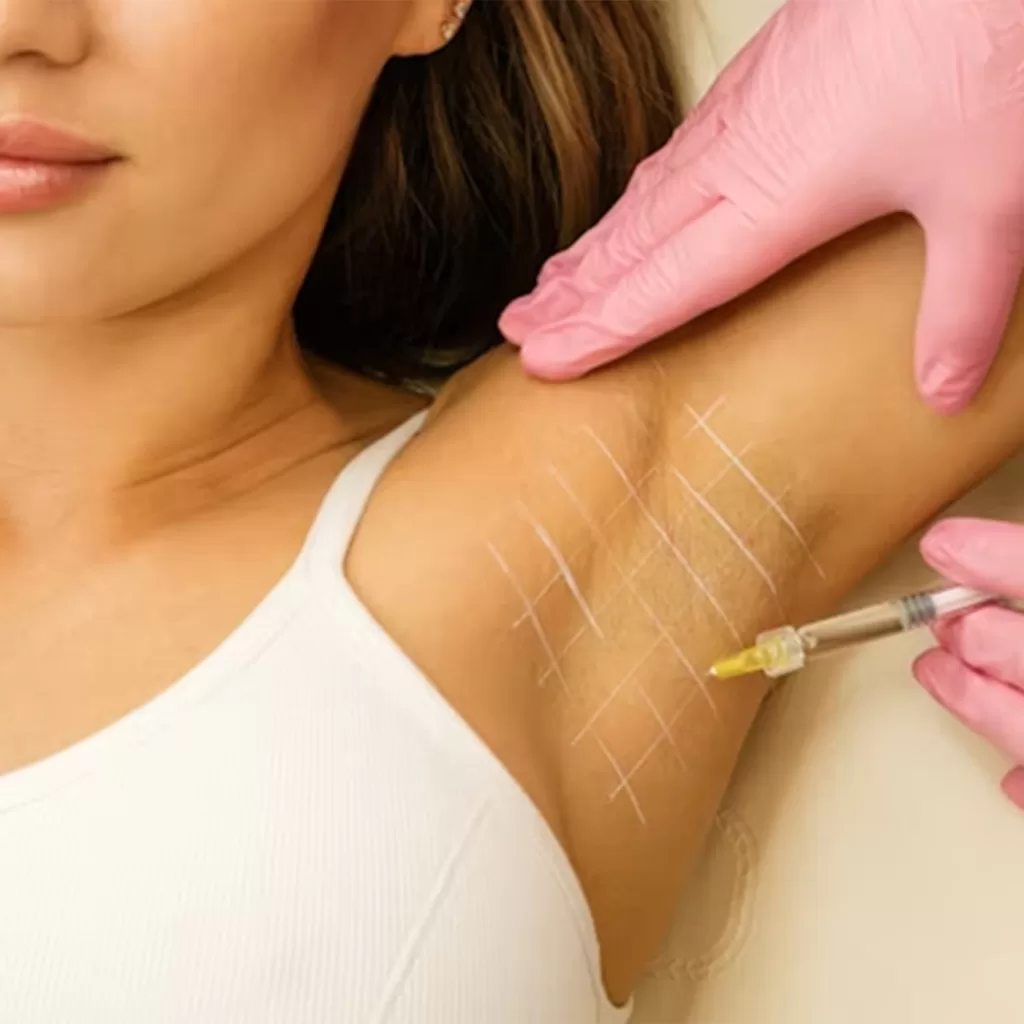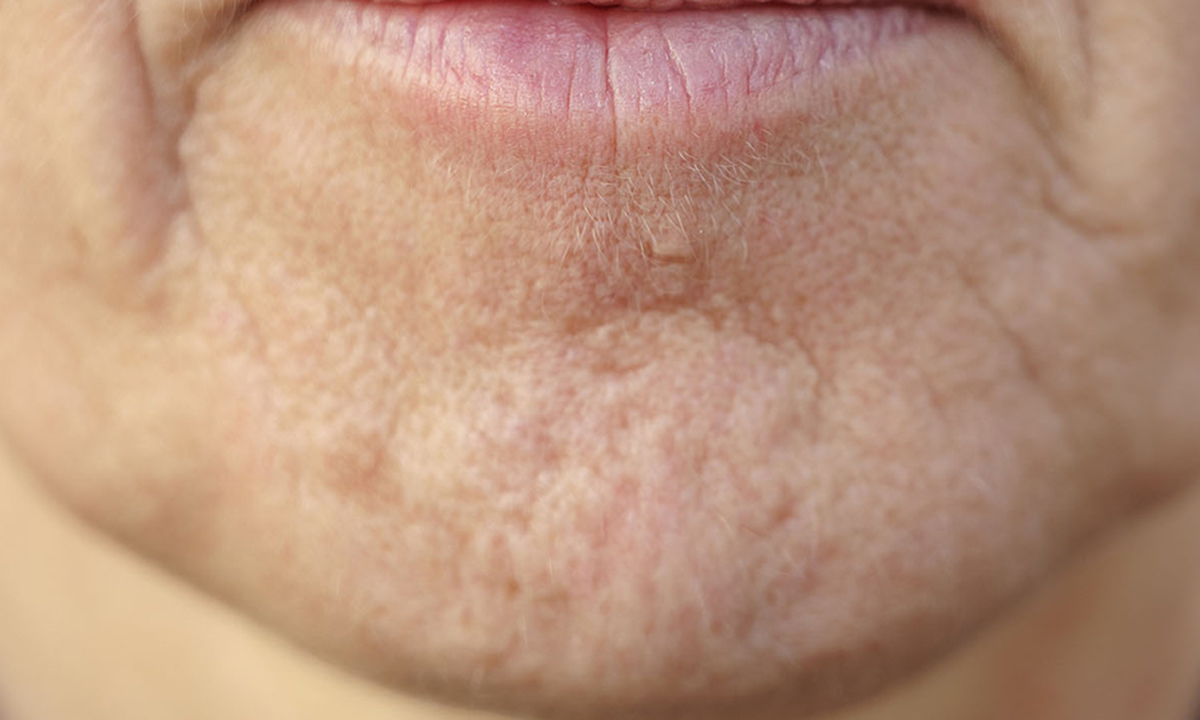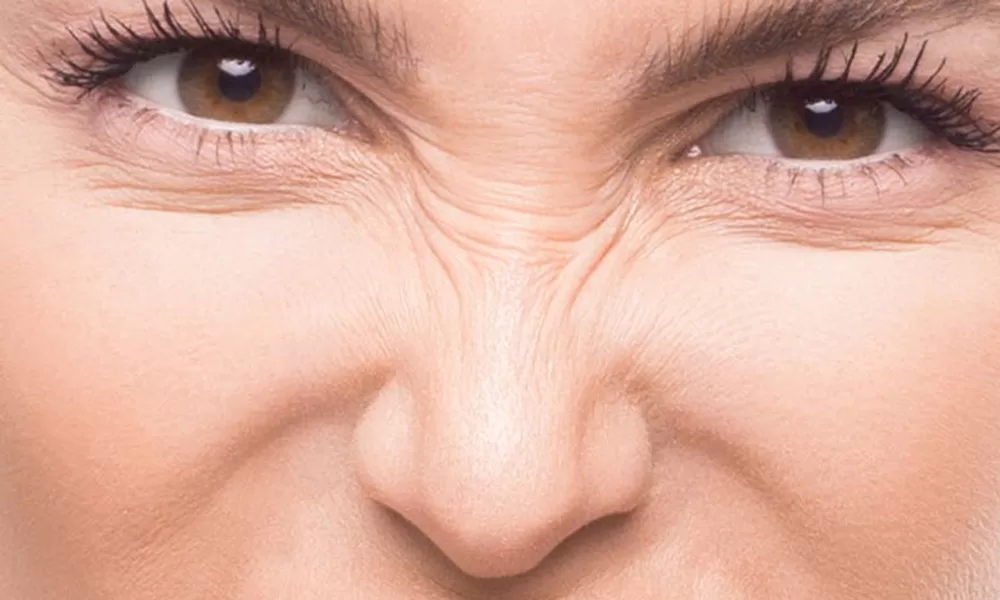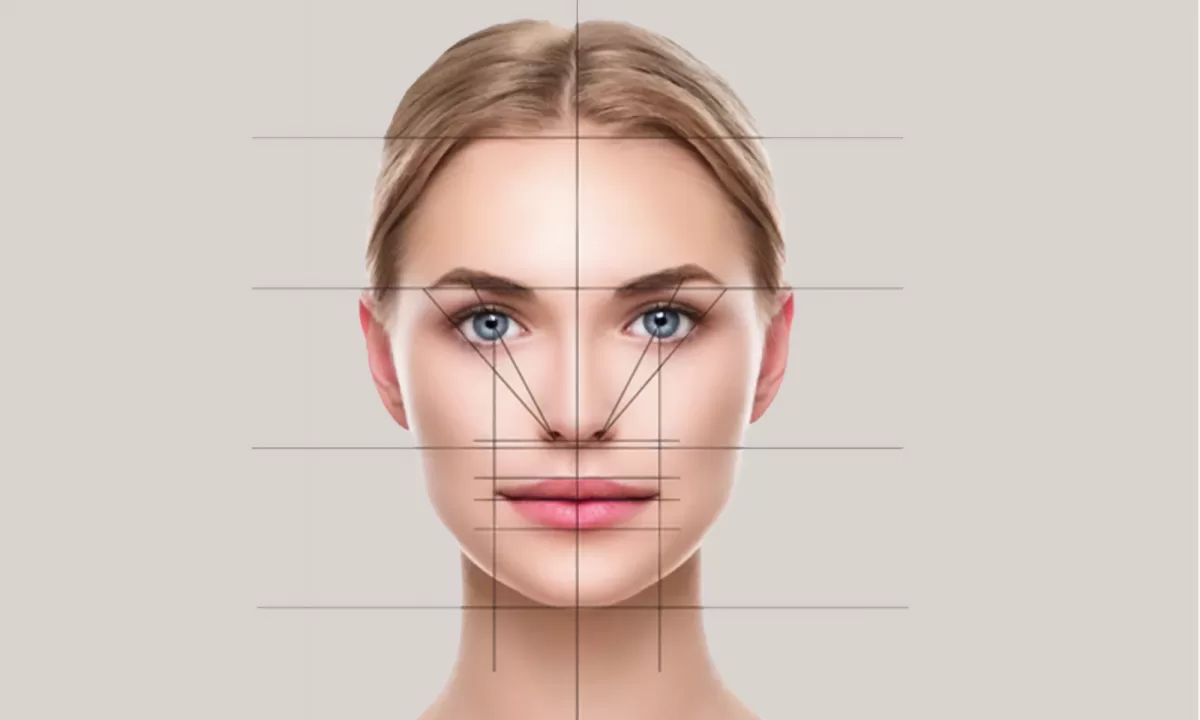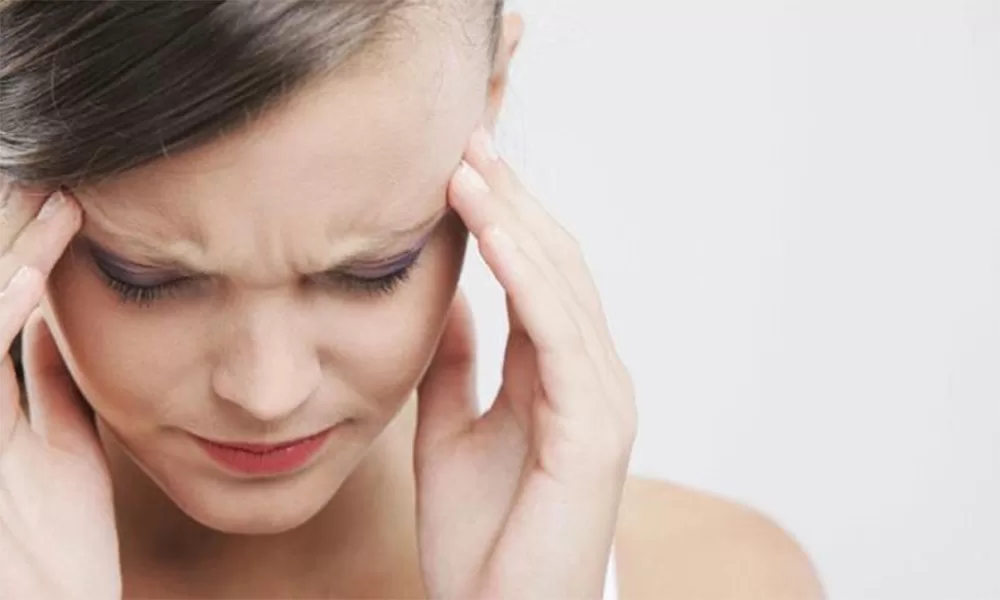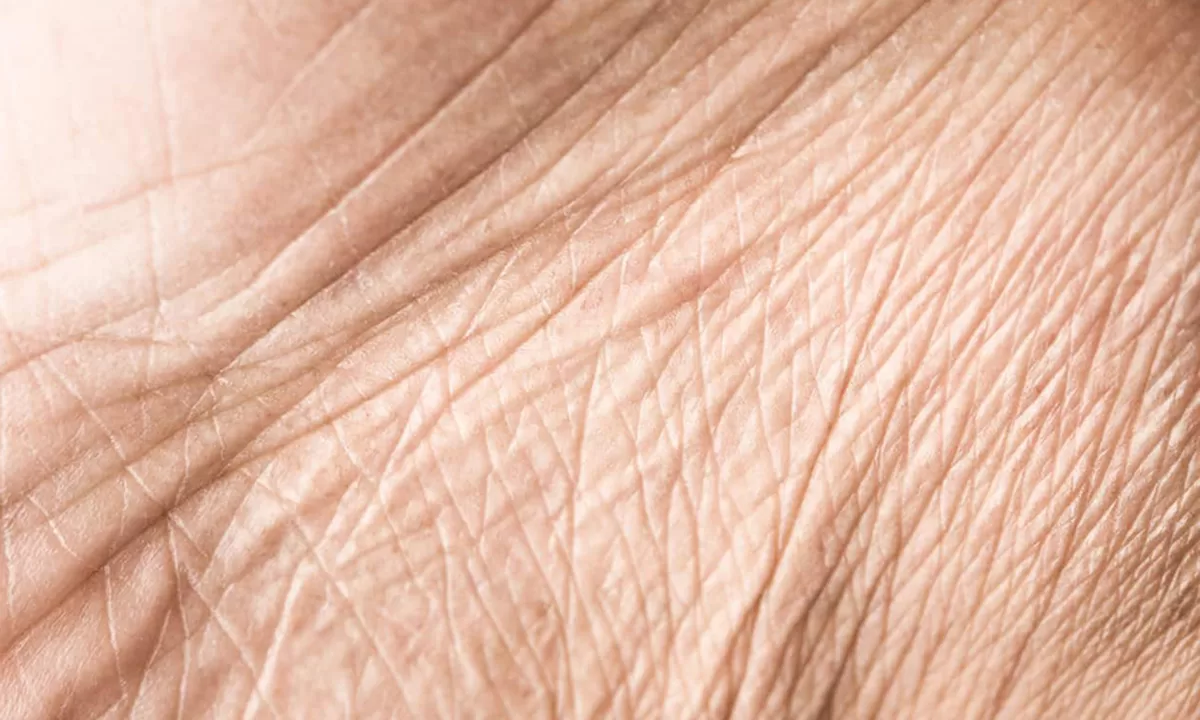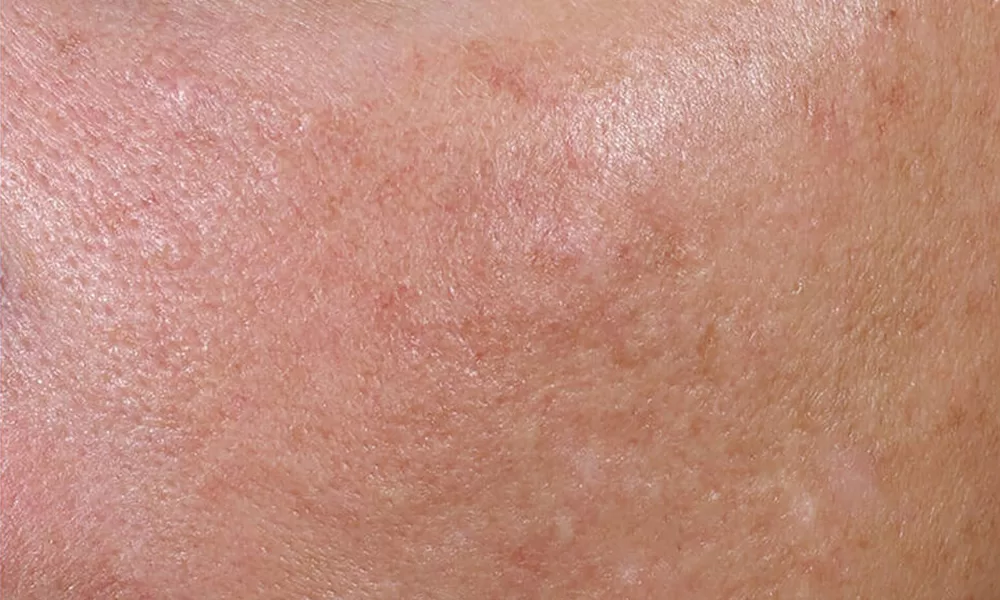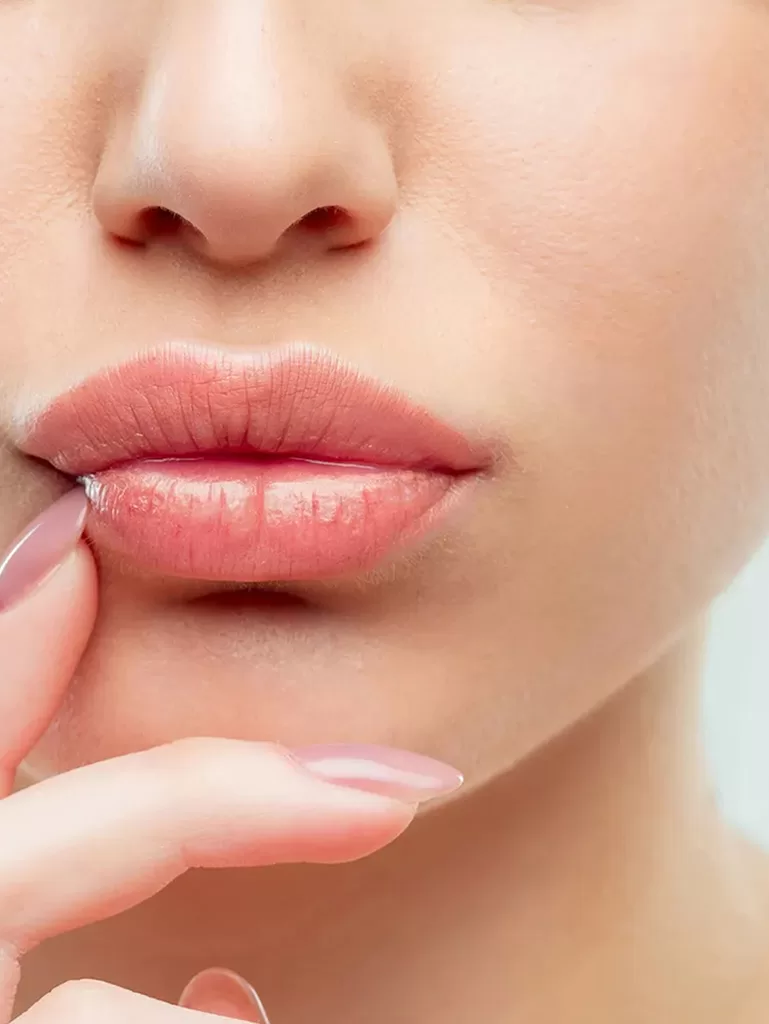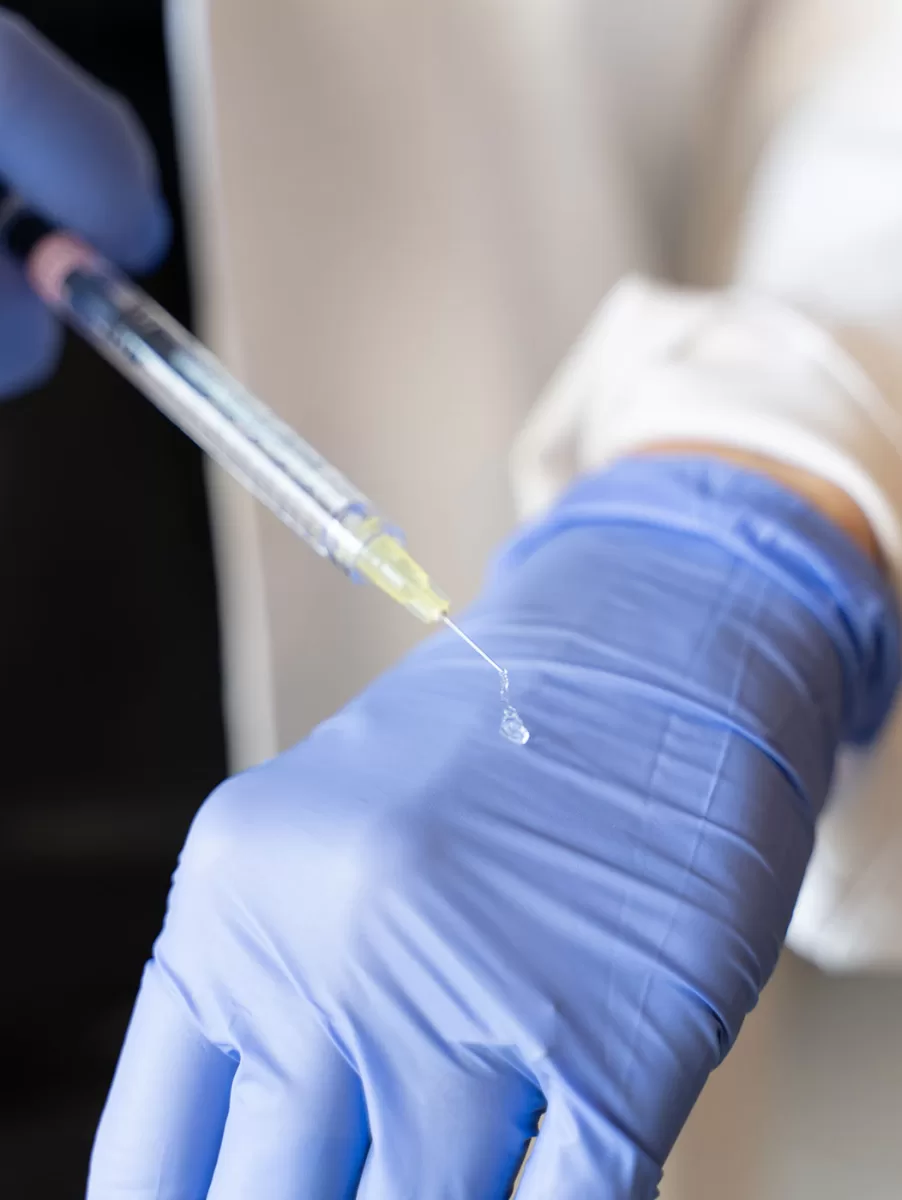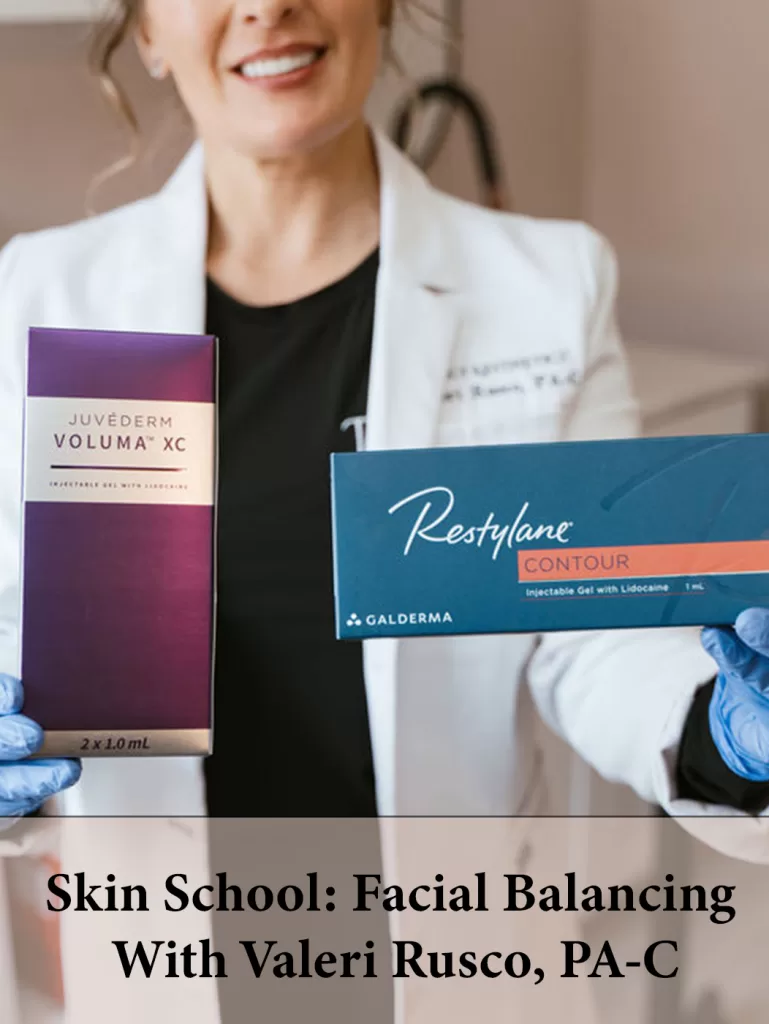Excessive sweating, medically known as hyperhidrosis, is a condition that affects millions of people worldwide. While sweating is a natural and essential bodily function for regulating temperature, those with hyperhidrosis experience sweating beyond what is necessary for temperature control. This can lead to discomfort, social anxiety, and various challenges in daily life. In this comprehensive guide, we’ll delve into the causes, symptoms, and effective treatments for hyperhidrosis, helping you understand and manage this condition better.
What is hyperhidrosis?
Hyperhidrosis is a condition characterized by excessive sweating that is not always related to heat or exercise. Perspiration serves as the body’s natural mechanism for maintaining temperature balance. However, individuals with hyperhidrosis experience excessive sweating, irrespective of external heat or physical exertion. While primary axillary hyperhidrosis, characterized by excessive underarm sweating, is the most prevalent form, other commonly affected areas include the hands, feet, face, scalp, and various body creases like between the breasts, in the groin area, on the lower back, or buttocks.
Types of Hyperhidrosis
Primary focal hyperhidrosis
Primary focal hyperhidrosis involves excessive sweating in specific areas such as the armpits, palms (palmar hyperhidrosis), soles of the feet, or sometimes the face. This condition typically begins in childhood or adolescence and is characterized by overactive nerves signaling sweat glands, leading to frequent sweating episodes. Although primarily hereditary, it can be exacerbated by factors like anxiety or heat. While it doesn’t pose a direct danger, it can significantly impact confidence, quality of life, and daily activities, and may increase the risk of skin infections.
Secondary generalized hyperhidrosis
Secondary generalized hyperhidrosis involves excessive sweating throughout the entire body and is less common. This type often emerges later in life and can be a side effect of medication or triggered by events such as pregnancy, menopausal hot flashes, or underlying medical conditions like lymphoma or tuberculosis.
What causes excessive sweating?
The exact cause of primary hyperhidrosis is not well understood, but it is believed to involve overactivity in the sweat glands due to malfunctioning nerves responsible for regulating sweating. This type often runs in families, suggesting a genetic component.
Secondary hyperhidrosis, on the other hand, can be attributed to various factors, including:
- Medical conditions: Hyperthyroidism, diabetes, menopause, infections, and certain cancers can trigger excessive sweating.
- Medications: Some medications, such as antidepressants, antipyretics, and certain blood pressure drugs, can cause increased sweating.
- Hormonal changes: Conditions like menopause and pregnancy can lead to temporary episodes of excessive sweating.
- Diet and lifestyle: Spicy foods, caffeine, and alcohol can exacerbate sweating in some individuals.
Symptoms of hyperhidrosis
The primary symptom of hyperhidrosis is excessive sweating that interferes with daily activities. This can manifest as:
- Visible sweating that soaks through clothing
- Noticeable sweat marks on papers or keyboards
- Cold, clammy hands and feet
- Frequent skin infections or irritation due to dampness
- Social anxiety and embarrassment
How do I get rid of excessive sweating?
While hyperhidrosis can be challenging to live with, various hyperhidrosis treatments are available to help manage the condition effectively. Here are some of the most common and effective treatments:
Antiperspirants
Over-the-counter and prescription-strength antiperspirants containing aluminum chloride are often the first line of defense. These products work by temporarily blocking the sweat ducts.
Vitamin D Supplements
Vitamin D supplements can alleviate excessive sweatiness, a common but often unrecognized symptom of deficiency, particularly a sweaty head. Another beneficial vitamin is B12, which, when administered by a doctor, has been shown to reduce symptoms of hyperhidrosis. Always consult your doctor before adding supplements to your diet, as they may interfere with your current medications.
Medications
Oral medications such as anticholinergics can reduce sweating by inhibiting the activation of sweat glands. However, they may have side effects and are not suitable for everyone.
Botox
Botox for hyperhidrosis offers an effective solution for managing excessive sweating by temporarily blocking the nerves responsible for activating sweat glands, akin to its muscle-relaxing mechanism. FDA-approved for treating hyperhidrosis in the armpits, Botox demonstrates optimal efficacy in this area. At Direct Aesthetics, we may also administer it off-label in regions like the palms, feet, and face.
Typically, each armpit receives around 50 units of botulinum toxin, while palms or feet may require 100 units each. In areas such as the lower back and buttocks, doses may increase to as many as 200 units. Results typically last between three to six months, with some individuals experiencing effects for up to a year.
Iontophoresis
This procedure involves using a device that passes a mild electrical current through water and into the skin’s surface. It is particularly effective for treating excessive sweating of the hands and feet.
Microwave Therapy
Devices such as miraDry use microwave energy to destroy sweat glands in the underarms. This procedure provides a more permanent solution compared to other treatments.
Surgery
In severe cases, surgical options such as sympathectomy (cutting the nerves that trigger sweating) or removal of sweat glands may be considered. These procedures are usually a last resort due to their invasive nature and potential side effects.
Lifestyle Adjustments
Wearing breathable clothing, practicing good hygiene, and managing stress can also help reduce sweating. Additionally, certain dietary changes can make a significant difference.
Hyperhidrosis can significantly impact one’s quality of life, but understanding the condition and exploring various treatment options can help manage its effects. If you or someone you know is struggling with excessive sweating, consulting with us is the first step towards finding relief. With the right approach, it’s possible to lead a comfortable and confident life despite hyperhidrosis.
GET IN TOUCH
